
Global Pet Expo Showed that Trends in the Human and Pet Food Worlds are Similar
Just as organic is rapidly transforming the overall food market, the same is happening in the pet market.
According to the Petfood Industry’s Dog and Cat Food Ingredient Center database, ingredients specifically listed as organic appeared in 8.6% of the approximately 7,000 dry dog food recipes. For dry cat food recipes, 7.3% of ingredient decks listed organic items.
And as humans feed themselves organic, out of concern for what they are putting into their bodies, that same care extends towards their pets; the “humanization” of the pet food category is real.
A recent Nielsen report stated that 95% of pet owners currently consider their pets to be part of the family, and pet owners desire pet food options that address the same health concerns currently influencing human food production, such as unnatural preservatives and GMOs. Furthermore, at least 55% of American and French pet owners claimed that if they were on a strict budget, they’d be willing to give up chocolate in order for their pet to have high-quality food with the features that are important to them.
I recently spoke with Sarah Goldberger, founder and CEO of Lord Jameson Dog Patisserie, an ultra-premium organic dog treat brand, who was at Global Pet Expo.
Aside from the overall growth in health and wellness, what are a few key events that have caused the “humanization” of pet food?
Within the last decade or so, I think it started in the Baby Boomer category, people who are now retired parents and have an empty home. They have fostered or adopted pets, and it is their second time being a parent. The services currently being offered, such as grooming, high-end hotels, and spas, were never available when they were pet parents the first time around.
For Millennials, social media has had a very big impact on the pet food category. Not only are Millennials much more educated about how food is grown and where things are sourced, but this demographic uses Instagram to tell a visual story that lends itself to healthier, organic pet food.
Additionally, the rise of high quality, organic pet food home delivery services and the veterinary community’s willingness to embrace alternative and homeopathic remedies, such as acupuncture or tinctures, have also had a big impact.
What are some of the key trends that you saw at Global Pet Expo?
Many of the more traditional brands are playing with different flavor profiles, but the newest thing in food and beauty (grooming) was CBD. It was in treats, food products, everything. You couldn’t walk down a hall without seeing or mentioning CBD.
Several treats are starting to use medicinal mushrooms to reduce pain and minimize anxiety, and one that stands out is Holistic Hound.
The Berkeley-based company is selling dog treats made with organic pasture-raised chicken from family farms in Wisconsin, CBD derived from whole plant hemp organically-grown and produced in Colorado, and a certified organic blend of five medicinal mushrooms: reishi, shiitake, phellinus, poria & turkey tail (coriolus).
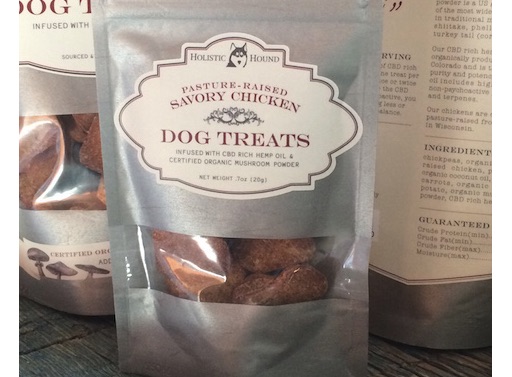
Mushrooms in pet food are very new, but they are becoming its own category. Turmeric is starting to appear also, as it really helps with inflammation for dogs.
Primalvore launched a premium, shelf-stable, performance beverage for dogs. It contains organic beef bone broth, organic turmeric and collagen peptides.
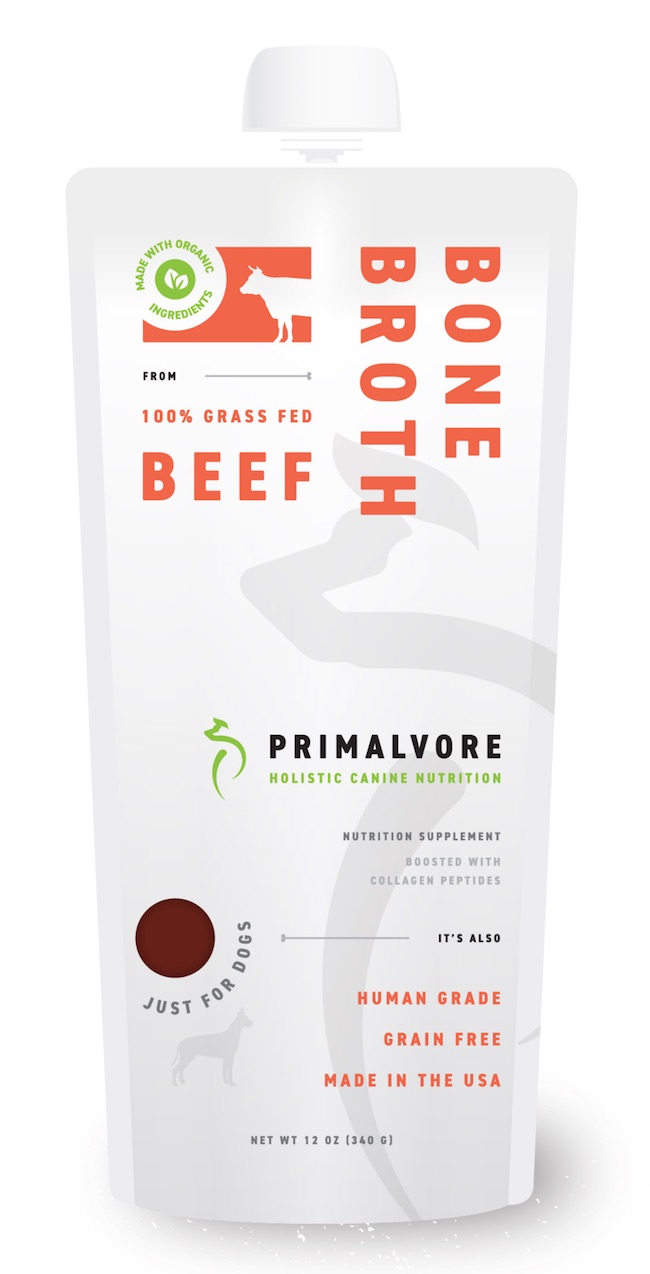
Grain-free pet food is also becoming very popular. Not all breeds can absorb proteins and grains in the same way, and the market is certainly catering to that.
The most prominent trend, however, is human-grade pet food and treats. If you are not doing that, you are wasting your time.
Absolutely nothing should go into a pet product that we wouldn’t eat ourselves or feed to our families. We should know where all food is coming from, whether it is for people or for animals.
Given the “humanization” of pet food, is there an opportunity for traditional organic food brands to move into or to start sub-labels within the organic pet food category?
Absolutely! We have already seen Whole Foods enter this space with Whole Paws, and Newman’s Own has its own line of organic food for pets.
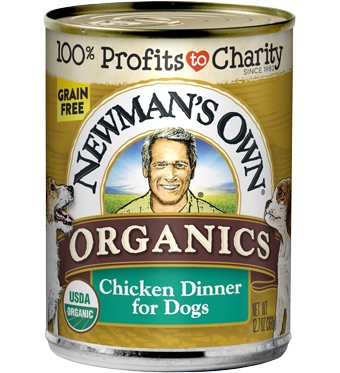
I would love to see more brands that have a solid foundation and a proven model in the human food business merge into pet food. These companies are already producing human-grade food, so it shouldn’t be much of a transition.
—-
As the organic pet food market surges in popularity and appears to be mirroring that of human food, particularly with ingredients such as CBD and medicinal mushrooms, there is one troubling behavior pattern that appears in both sectors: the preference of Non-GMO over organic.
In the Nielsen report on pet food, it shared the following findings:
* When asked to rank the importance of various health food claims, 50% of French pet owners and 33% of U.S. pet owners ranked “Non-GMO” in the top three of ten—beating out claims related to “organic” and “human-grade” ingredients, among others.
* When asked about specific claims for which they would be willing to pay more, more pet owners (48%) said they’d ante up for “Non-GMO” products than for any other claim listed.
* When pet owners collectively evaluated thousands of actual product concept alternatives for dog and cat foods—many containing different combinations of health benefits and ingredient claims—“no genetically modified ingredients (GMOs)” emerged as the top-performing claim, appearing in 74% of all concepts preferred by consumers across food types and countries.
In the human food category, as reported in The Food Marketing Institute’s 2017 U.S. Grocery Shopper Trends report, shoppers look for the Non-GMO claim (27%) more than they do the organic claim (16%).
The fact that consumers in both the pet and human food worlds prefer Non-GMO over organic indicates that we, as an industry, are not doing our job in conveying the benefits of organic and what it really means.
Additionally, it points to the harm that a lack of a national branding campaign for organic has caused — a severely misinformed consumer.
 |
Have a great day! 
Max Goldberg, Founder |
Quick Hits
* Led by the Center for Food Safety, several non-profit public interest groups have sued the Trump Administration’s USDA over its decision to withdraw the Organic Animal Welfare Standards.
* The Real Organic Project, an alternative to the Regenerative Organic Certification, met in Vermont this past week to discuss standards of its own.
* While there has been a rash of closures of organic restaurants in NYC as of late, it is good to hear that Avant Garden will be opening a second location in Brooklyn.
* Adding local and organic food options in an elementary school on Prince Edward Island in Canada is proving to be a viable option.
* I love this outdoor seating area at Daluma, a pressed organic juice bar in Berlin.
* At its newest store in New Jersey, Whole Foods has installed a mushroom farm. Very cool!
* Apparently, produce butchers are becoming a real trend.
* Congrats to Sarah Michelle Gellar and Foodstirs for being on the cover of Entrepreneur magazine! And congrats also to Sara Brooks and Covet PR for opening a new office in NYC!
* Awesome job by Nature’s Path, who, in its latest fiscal year, donated over $3.5M worth of food to support hunger relief, environmental, health, and youth education-related causes.
Weekly News Summaries

Wisconsin's Organic Dairy Farms are Getting Squeezed by Texas Mega-Farms
By Rick Barrett
Wisconsin dairy farmers are reeling from competition from Texas mega-sized farms, who may not be adhering to organic rules.

Albertsons to Launch a Digital Marketplace for Vendors
By Mark Hamstra
In an attempt to connect brands directly with consumers, Albertsons intends to roll out a marketplace this summer, which will help shoppers discover hard-to-find food, health and wellness products.

Fortunately, U.S. Department of Justice Has Concerns About Monsanto/Bayer Merger
In a piece of good news for consumers and farmers, the U.S. Department of Justice revealed that the proposed merger could hurt competition and that Bayer’s plan to sell off some businesses before the deal is finalized does not go far enough.
Whole Foods Has Suffered an Exodus of Senior Executives Since Amazon Deal Closed
By Heather Haddon and Laura Stevens
Despite what the two companies may be saying, merging the two cultures has not been seamless. What it means for Whole Foods in the long-term remains to be seen, but many fear the company has lost its way.

Factory Farms Threaten Local Communities - Federal Government is Making Things Worse
By Leah Douglas
As local communities across the country battle CAFOs -- and the social and environmental problems they bring - state and federal laws are working against the interests of citizens.
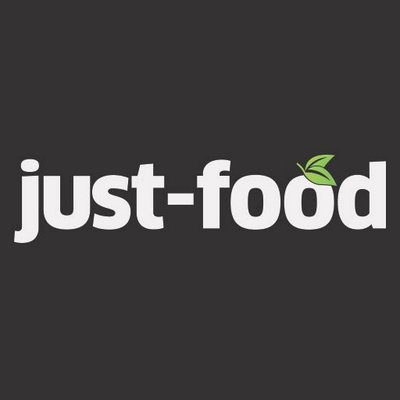
Foodstirs Lands an Investment from German Confectioner
By Andy Coyne
Katjes has taken a 5% equity stake in Foodstirs, the leading organic baking brand in the U.S.
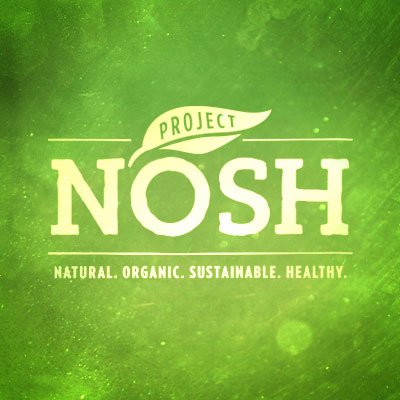
Thrive Market Announces New Philanthropic Endeavor
By Carol Ortenberg
As a way to give back to communities, Thrive Market has created the Alliance for Good, which will also hold an annual Solutions Summit to exchange ideas.
Amazon Lockers at Whole Foods is Boosting Traffic
By Lisa Baertlein
A new report has found that lockers installed at Whole Foods' locations have resulted in an increase in "micro visits" to the stores.
Organic, Plant-Based Flavor Producer Naturex Gets Sold for $1.6 Billion
By Andrew Marc Noel
As consumers move away from artificial and synthetic flavors, the demand for organic and natural ones is booming -- and Naturex is a beneficiary of this trend.
The material in this newsletter is copyrighted and may be reprinted by permission only. All requests must be in writing. Please use our contact form to request republication rights.
Newsletter Archive
Quick Hits
* Led by the Center for Food Safety, several non-profit public interest groups have sued the Trump Administration’s USDA over its decision to withdraw the Organic Animal Welfare Standards.
* The Real Organic Project, an alternative to the Regenerative Organic Certification, met in Vermont this past week to discuss standards of its own.
* While there has been a rash of closures of organic restaurants in NYC as of late, it is good to hear that Avant Garden will be opening a second location in Brooklyn.
* Adding local and organic food options in an elementary school on Prince Edward Island in Canada is proving to be a viable option.
* I love this outdoor seating area at Daluma, a pressed organic juice bar in Berlin.
* At its newest store in New Jersey, Whole Foods has installed a mushroom farm. Very cool!
* Apparently, produce butchers are becoming a real trend.
* Congrats to Sarah Michelle Gellar and Foodstirs for being on the cover of Entrepreneur magazine! And congrats also to Sara Brooks and Covet PR for opening a new office in NYC!
* Awesome job by Nature’s Path, who, in its latest fiscal year, donated over $3.5M worth of food to support hunger relief, environmental, health, and youth education-related causes.
